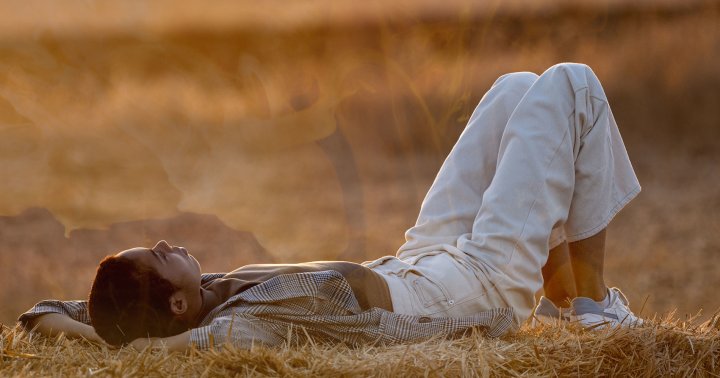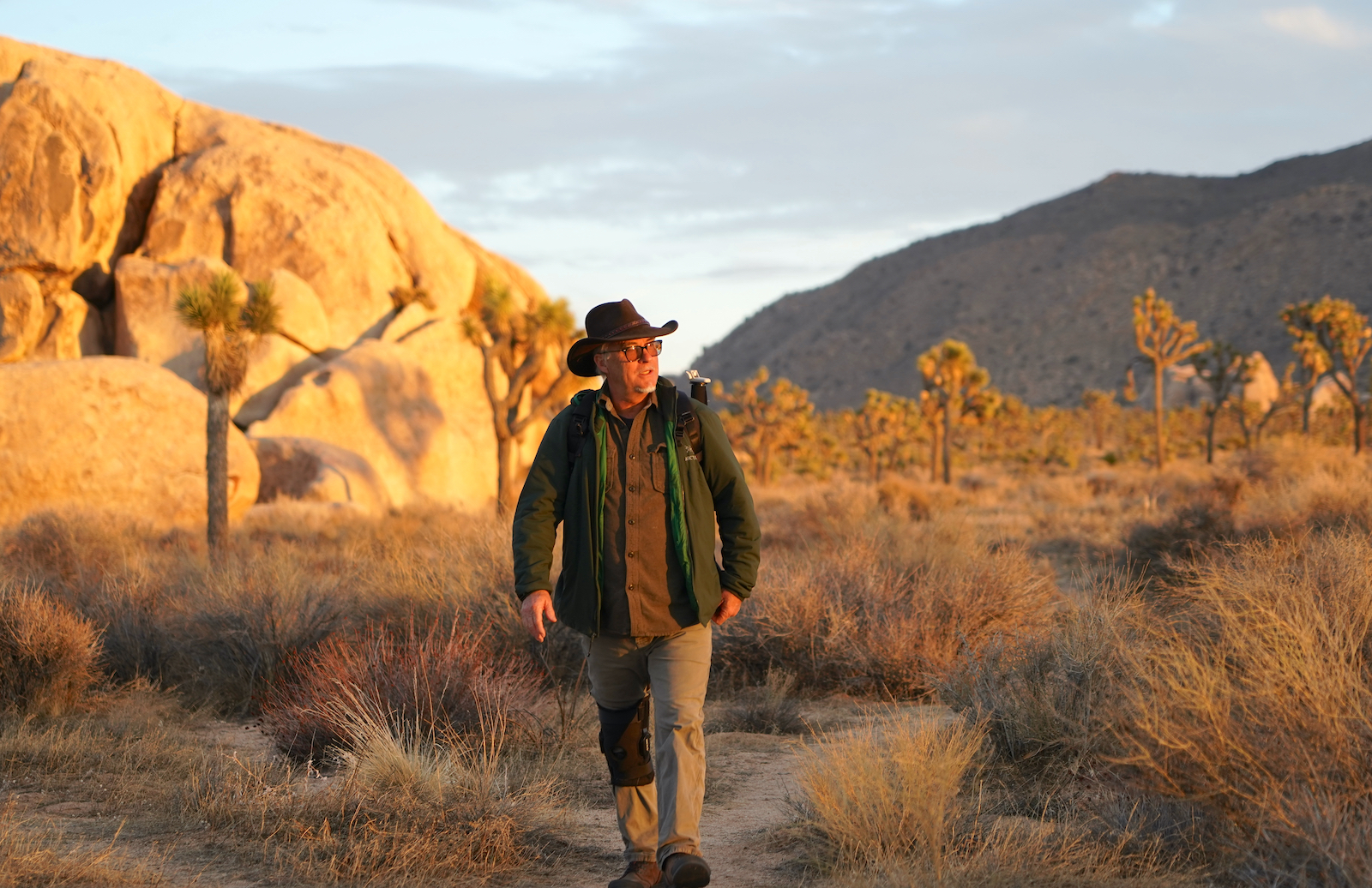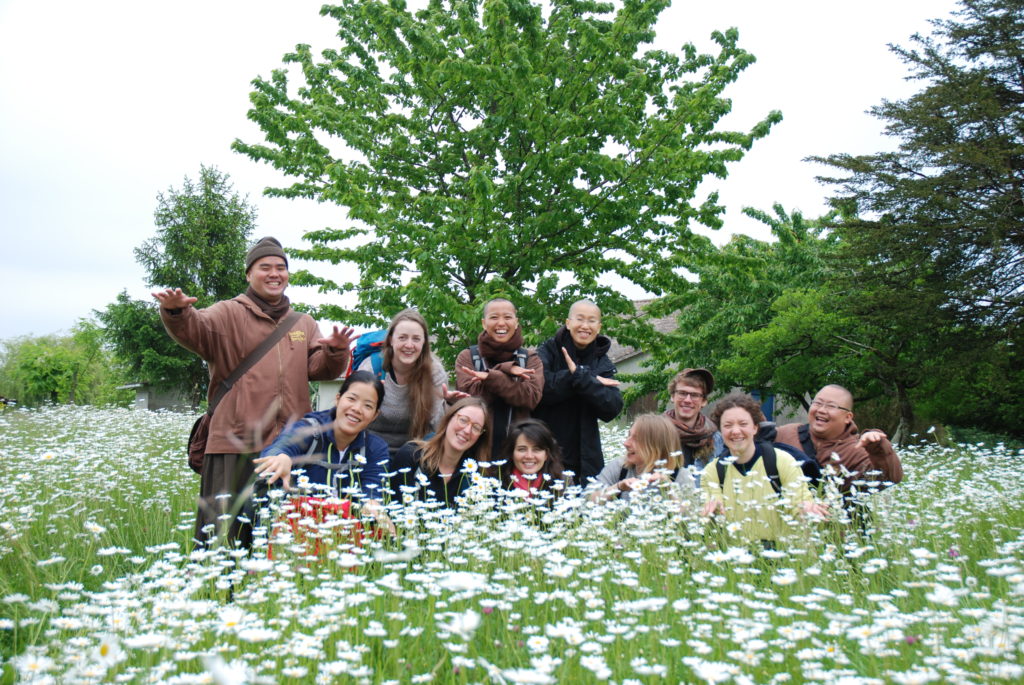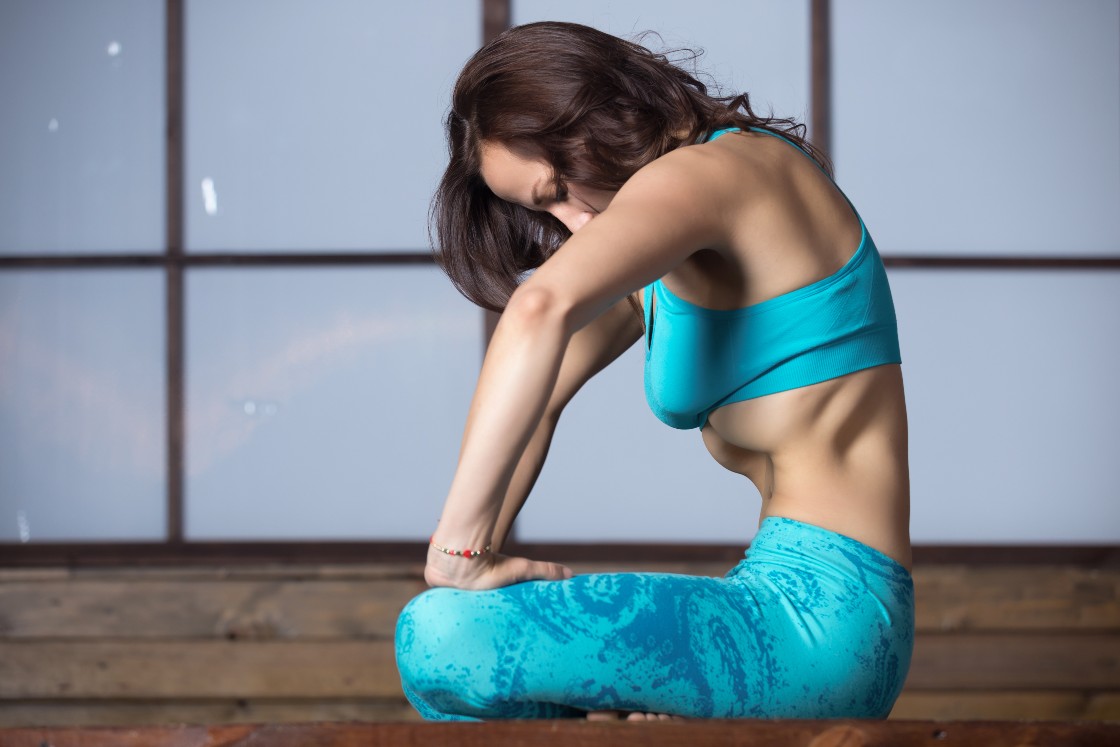Early Retirement through Minimalism
“Close the door, change the record, clean the house, get rid of the dust. Stop being who you were and become who you are.” Paulo Coelho Becoming is a lifelong process. We discover our unique interests and gifts over...
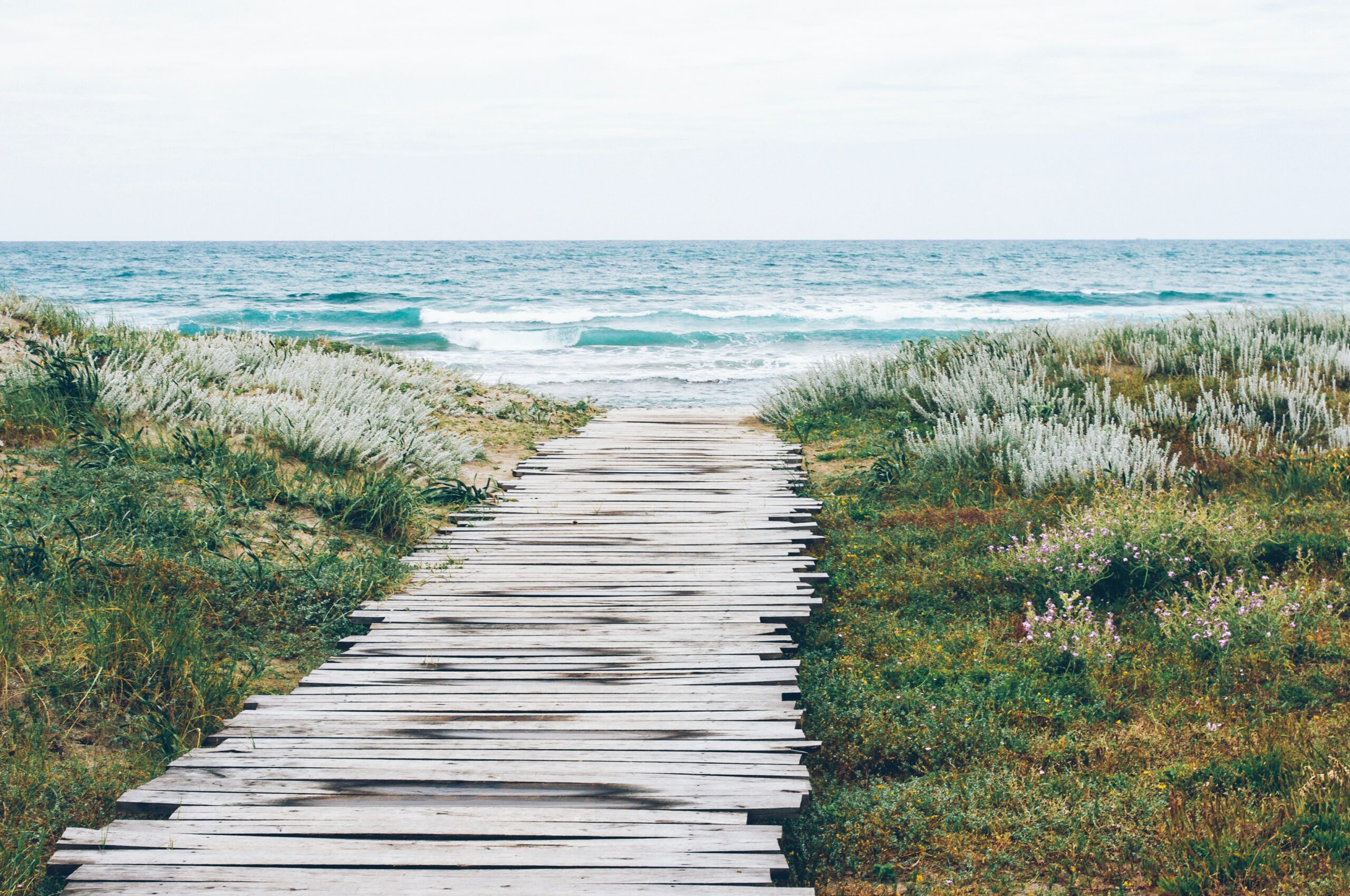
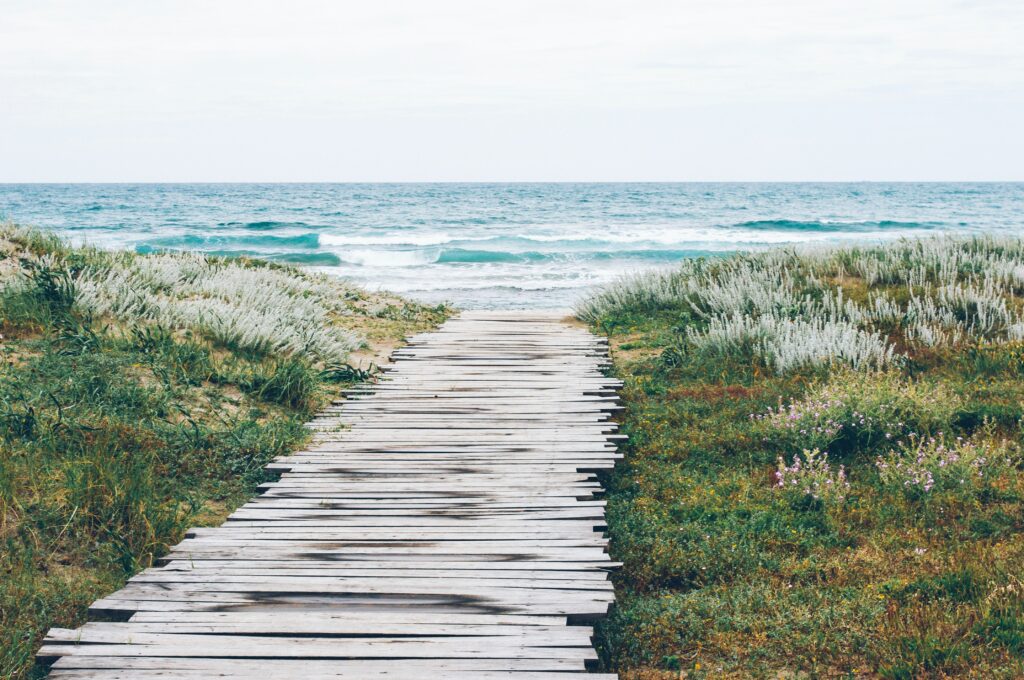
“Close the door, change the record, clean the house, get rid of the dust. Stop being who you were and become who you are.” Paulo Coelho
Becoming is a lifelong process. We discover our unique interests and gifts over time. We learn, grow, struggle, recover and reinvent ourselves.
One phase of life blends to the next. Our children become adults. We move from the challenge of balancing career and private life to the choice of how to spend our days.
When my husband and I were about five years from retiring, we made it part of the plan to relocate closer to the ocean. It was time to change the record. A warmer climate and a slower pace beckoned.
We researched, visited, and searched for options within our budget. Our minimalist lifestyle supported us in reaching our retirement goal.
Here are a 6 lessons from our experience.
1. Protect your health.
The point of retiring early is to make the most of your bonus years. Be diligent about preventive health care. Exercise regularly, and commit to good nutrition.
Improve your relationships and take advantage of counseling if needed. Recognize your stressors and take action to ameliorate them.
Keep your mind engaged. Continue to learn new things and consider multiple perspectives.
2. Turn your dream into an obtainable goal.
Determine your anticipated financial needs in retirement and plan accordingly. Consult with a financial advisor and do your research.
Do you plan to work part-time? Think about your interests, hobbies and any travel plans. What are the costs?
Are you on track to retire when you’d like? Take advantage of supplemental retirement and health savings accounts.
3. Manage your lifestyle.
Create a realistic and detailed budget after taking the time to capture all expenses and income.
Track every dollar you spend for one month. Some obvious money leaks will become clear for you to address as you build your budget. Compare your actual spending to the budget at the end of each month to understand and adjust your spending patterns.
Look at your TV/streaming costs, meals and drinks out, and impulse purchases. Manage your debt and pay off credit card balances.
Shop when you need something rather than shopping for entertainment. Avoid the compulsion to keep up with trends. Instead, develop your own style.
4. Focus on big money savers.
If possible, purchase your car with cash and keep it long term. If you’ve considered becoming a one-car household, do it! The cost savings on gas, maintenance, and insurance is huge.
Buy a house that meets your needs. If you downsize you will save not only on mortgage, insurance, taxes and utilities but also on furniture, window treatments and decorating.
Consider a home with a floor plan where you will use all of the space. Our new home is the right size for us with private space for occasional overnight visitors.
Carefully consider health insurance options if you choose to leave full-time employment before age 65. Affordable options, and subsidies for those who qualify, are available.
5. Embrace frugality.
Think of ways to make it fun to save money. Make it a challenge.
For example, rather than buying coffee and lunch out during the week, buy your favorite coffee and brew it at home. Pack your lunch. I estimate you’ll save $200 per month with these two changes, and you’ll probably improve your health.
Prepare delicious dinners. Buy fresh, quality foods and try new recipes. Less frequent meals out will feel more special.
6. Pare it down.
Cleaning and clearing are freeing. The goal is to create a beautiful, relaxing home where you feel at ease.
Open space brings peace. When you have fewer items you notice and appreciate them more.
Begin by sorting through all of your belongings, tossing the trash and putting aside the items you’ve chosen to eliminate. Donate or sell furniture, books, clothing, collectibles, and tools that are in good shape.
This process takes time, thought, discussion and compromise. It feels good to pass belongings on to someone who can give them a new use.
Streamline and organize your wardrobe. Keep only the items you like and wear regularly. It relieves daily stress to know that whatever you choose fits and is pleasing.
Embrace your natural look and consider using fewer products. How many lotions and potions do you need?
Maintaining a minimalist home is much easier than the original decluttering process. Once the load is lightened, you are more likely to keep unnecessary items out of your newfound space.
Our new home is one-level, open and efficient. We have outdoor spaces to enjoy, and we live one mile from the beach.
The vastness of the ocean provides perspective on our individual place in this huge world. Tides change and storms come out of nowhere. Life is temporary and unpredictable. I am grateful for each day.
***
About the Author: Jennifer Tritt enjoys writing about her minimalist lifestyle and insights about simplicity. You can find out more about her on her Facebook.

 MikeTyes
MikeTyes 







